What is the electronic student report card according to the law in Vietnam?
What is the electronic student report card according to the law in Vietnam?
The electronic student report card is an online technology service that allows parents and schools to exchange information about students through various forms such as SMS, Email, applications, and websites. The electronic student report card was created to replace the paper student report.
The electronic student report card can be used for students at all educational levels (primary school, upper secondary school, upper secondary school); however, this document will discuss the electronic student report card for primary school students.
Refer to the guide on checking the electronic student report card through the vnEdu website for parents and students:
Step 1: Access the following website: https://diendan.vnedu.vn/ and select the 'Parent' category.
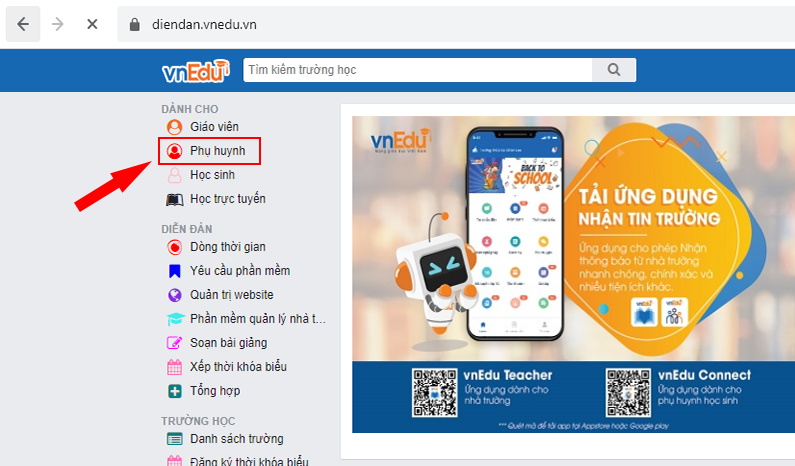
Step 2: Next, select the province and enter the phone number or student ID and click 'Filter' to search.
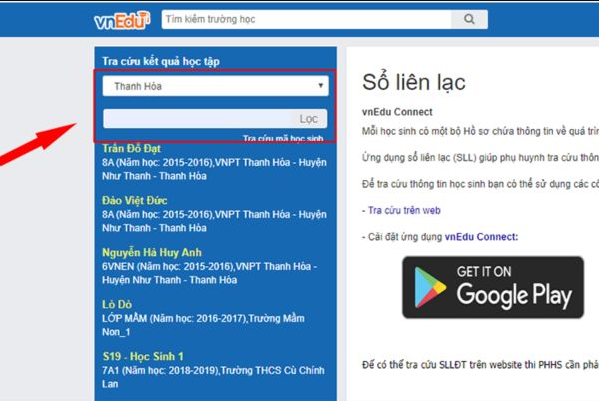
Step 3: Then, parents should select the name of the student they want to look up.
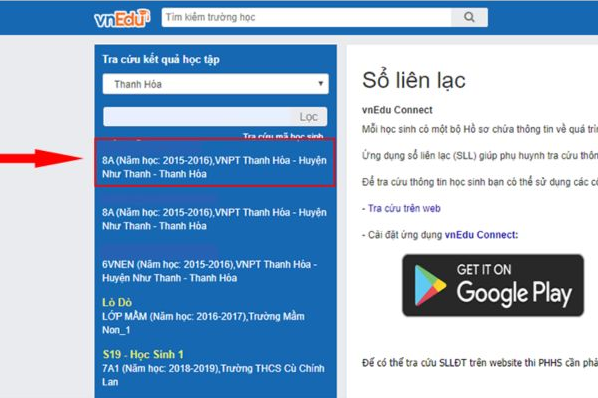
Step 4: Next, enter the password (which is the phone number registered for the service) and then click 'Confirm'.
The screen will then display information on average scores, academic performance, and conduct of the student.
*Or parents can use mobile phones as follows:
Step 1: Through the homeroom teacher, register for the electronic student report card service on the vnEdu school management software.
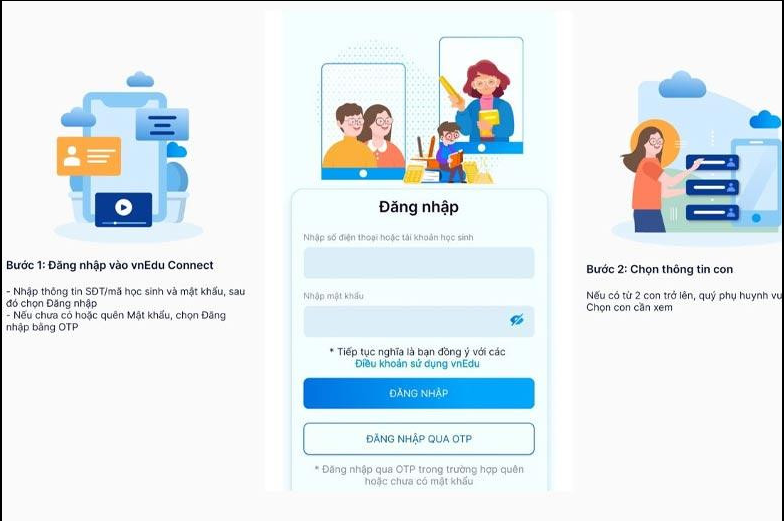
Step 2: Then, enter the information including the phone number or student ID and password to log in and explore the utilities.
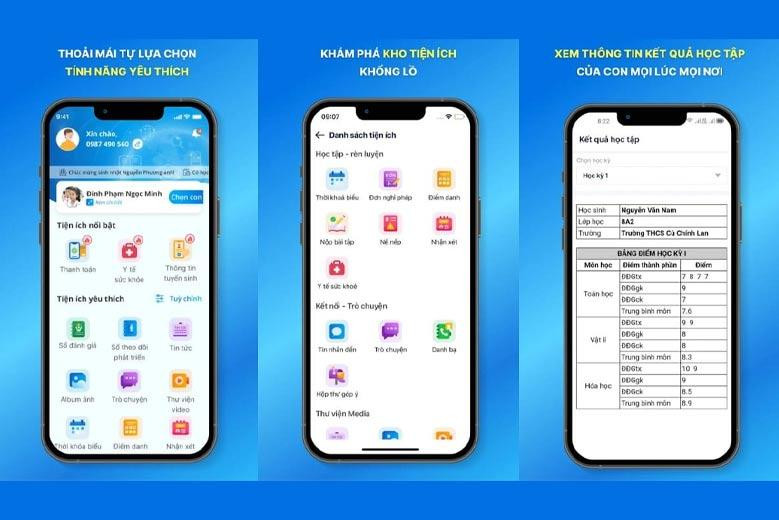
Step 3: Utilize the utilities such as checking incoming messages, marking attendance, applying for leave, accessing contacts, viewing schedules, exam schedules, health records, academic results, assignments, and managing study habits.
What are regulations on evaluation of primary school students in Vietnam conducted through the electronic student report card?
Based on Clause 1 Article 2 of the Regulations on the Assessment of Primary School Students issued together with Circular 27/2020/TT-BGDDT:
Explanation of Terms
1. The assessment of primary school students is the process of collecting and processing information through activities such as observation, monitoring, exchange, examination, and commentary on the learning and training process of students; advising, guiding, and motivating students; interpreting qualitative or quantitative information on the learning and training results, the formation and development of certain qualities and competencies of primary school students.
...
Therefore, from the above regulation, the assessment of primary school students through the electronic student report card can be understood as the aggregation of activities such as observation, monitoring, exchange, examination, and commentary on the learning and training process, and scores of students. Hereby, teachers can update the electronic student report card of primary school children so that parents can monitor their children along with the school.
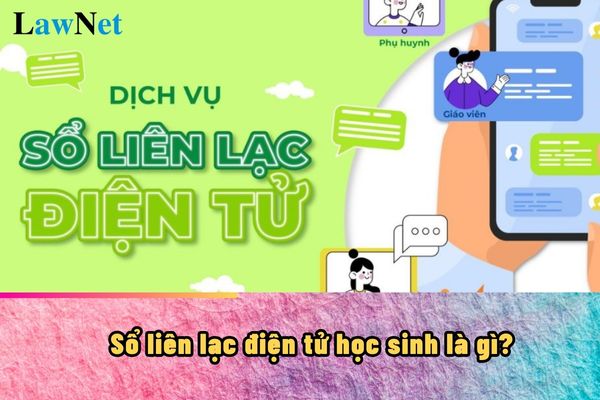
What is the electronic student report card according to the law in Vietnam? (Image from the Internet)
What are the responsibilities of parents and schools in the educational activities of students in Vietnam?
According to the provisions in Article 89 of the Education Law 2019, the responsibilities of schools in the educational activities of students are as follows:
- Schools are responsible for implementing educational universalization plans, and the code of conduct; proactively cooperate with families and society to organize or participate in educational activities according to the school's plan, ensuring the safety of teachers and students; informing parents or guardians about the learning and training results of students.
- Other educational institutions apply the relevant regulations on schools in this Chapter.
For the responsibilities of families (parents of students) based on Article 90 of the Education Law 2019 as follows:
- Parents or guardians are responsible for fostering, educating, and caring for their children, creating conditions for them to study, achieve educational universalization, complete compulsory education, train, and participate in school activities; respecting teachers, not infringing on their dignity or physical well-being.
- Family members are responsible for building a cultural family, creating a favorable environment for the comprehensive development of the children in terms of virtue, intellect, physique, and aesthetics; elderly members are responsible for educating, setting an example for the children, and collaborating with schools to improve the quality and effectiveness of education.
In cases where students do not have relatives, there must be a guardian, and this person must also be responsible for the process of educating students according to the provisions in Article 91 of the Education Law 2019 as follows:
- Receiving information on the learning and training results of the child or ward.
- Participating in educational activities according to the school's plan; taking part in the parents' representative board activities in the school.
- Coordinating with the school and educational management agencies to address issues related to the education of the child or ward according to regulations.

